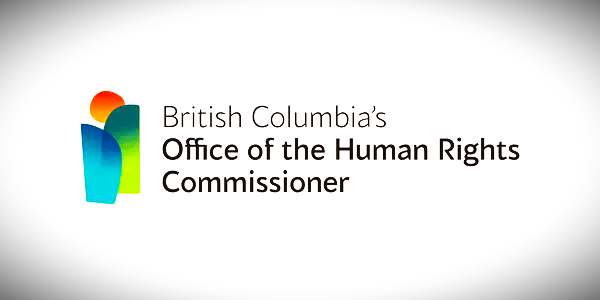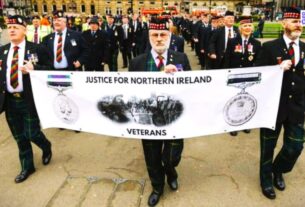VANCOUVER – British Columbia’s Human Rights Commissioner Kasari Govender has released a comprehensive report evaluating the provincial government’s response to a series of human rights recommendations issued since her office was established in 2019. The report, titled “Where We Stand,” reveals a nuanced picture of progress, partial implementation, and considerable inaction across key areas of reform.
Over the past five years, Govender’s office has made 159 recommendations addressing a range of human rights issues, including systemic discrimination, hate crimes, and policing reforms. According to the report, 18 recommendations have been fully implemented, 74 partially acted upon, and 67 remain unaddressed reflecting government progress on 58% of the proposed measures.
The COVID-19 pandemic, which struck shortly after the commissioner’s term began, significantly complicated efforts to advance these reforms. Nonetheless, some notable strides were made, particularly in the province’s race-based data collection efforts. However, Govender criticized the government’s decision to limit data gathering to race alone, excluding other vital demographics such as age, disability, and gender thereby narrowing the scope for addressing broader discrimination.
The report highlights particularly limited government action on recommendations stemming from hate incident reports during the pandemic. Of 37 recommendations, only one was fully adopted: a revision of Crown prosecution policy to emphasize the public interest in prosecuting hate crimes. Other calls, such as establishing a dedicated hate prevention leadership role and implementing comprehensive educational reforms to combat hate and extremism in schools, remain unfulfilled.
Policing reform recommendations from a 2021 report also saw mixed results. Out of 29 recommendations, one was fully implemented, 15 partially, and 13 not at all. Key unimplemented proposals include empowering the privacy commissioner to investigate police data practices, establishing unbiased policing standards, and expanding the Independent Investigations Office’s mandate to include sexual assault investigations. Govender noted a marked decline in political momentum on policing reforms since the surge of the Black Lives Matter movement in 2020.
The report also observes that recommendations requiring simpler, more discrete actions with fewer involved stakeholders were more likely to be adopted, while broader systemic changes faced greater resistance particularly those not aligned with current government priorities. Furthermore, 33 recommendations made under non-disclosure agreements saw limited uptake, raising questions about transparency.
Despite these challenges, Govender described the process of compiling the report as “re-energizing” for her office. She emphasized ongoing efforts to hold the government accountable, particularly regarding police conduct and recent law enforcement operations in Vancouver.
“The report sends a clear message: we are watching, and we are not letting these issues fall by the wayside,” Govender stated. Her office remains committed to advocating for the full implementation of existing recommendations and advancing human rights protections in British Columbia.




